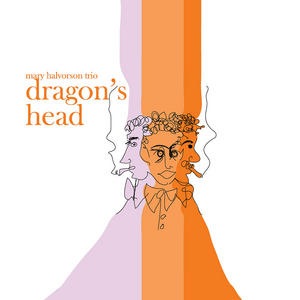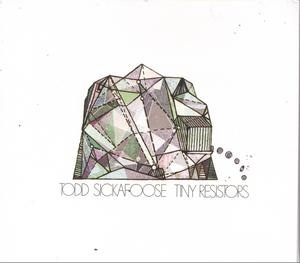The new (Feb 09) Downbeat arrived in my mailbox today. It contains their annual jazz club listing. It was a pleasant surprise to read that one of the five clubs listed in New Orleans is The Blue Nile, which is home to the Open Ears Music Series that I curate.
The Blue Nile offers a wide variety of jazz, from traditional and New Orleans, to Latin and funky. The atmosphere goes from relaxed to slinky. Best bets are Tuesday nights, where the Open Ears Music series has the more experimental jazz.
It is nice that someone has noticed. We are into our second year of the series, and things are flowing nicely. Artists are wanting to play the series (we’re booked through March, with a list for beyond that), and the audience is developing as well. Lately there have been more people there that I don’t know than people that I do know. It would be nice if we could sort out a way to have the musicians leave with more money every night, but that seems to always be the case. If I judge the series by my original goal of being able to provide a place where music could happen that might not happen otherwise in New Orleans, I feel like we have been wildly successful thus far. So, if you are in NOLA on a Tuesday night, you know where to go.



